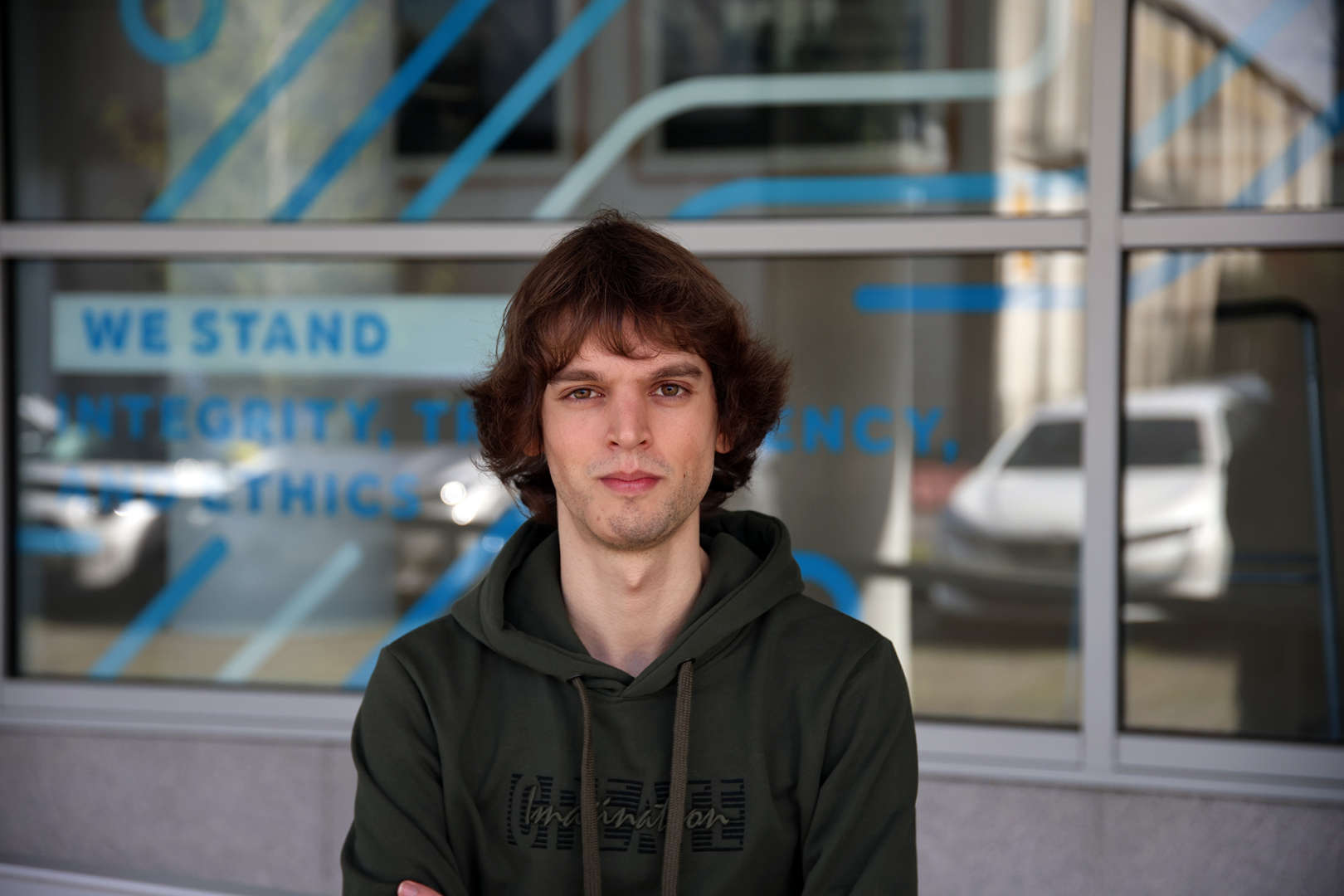Sobre
Jorge Diogo Ribeiro nasceu em Santo Tirso, Portugal, em 2001. Ele obteve o grau de Mestre em Engenharia Eletrotécnica e de Computadores na Faculdade de Engenharia da Universidade do Porto (FEUP) em 2024. Atualmente, ele está no doutoramento em Engenharia Eletrotécnica e de Computadores na FEUP e está com uma bolsa de investigação no CRIIS - Centro de Robótica Industrial e Sistemas Inteligentes do INESC TEC - Instituto de Engenharia de Sistemas e Computadores, Tecnologia e Ciência. Os seus principais interesses de investigação são robótica, veículos autónomos, controlo, planeamento de trajetórias, e localização e mapeamento.


